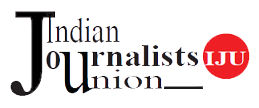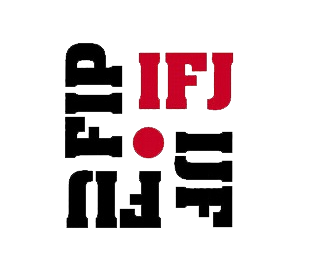- Sabina Inderjit
Include ‘her voice’, strengthen unions by changing with the times, adapt to digital tools, take the campaign on press freedom to the internet and fight impunity using new media, are significant strategies that leaders of journalist unions must adopt in these challenging times. Not a sermon but ideas which emerged after two days each of brainstorming during two meetings ‘Making Gender Equity a Reality’ and ‘Strategies for Change’, organised by IFJ Asia Pacific in Kathmandu.
Government efforts to make the workplace safer for women, especially against sexual harassment, sadly have few takers in the private sector. The results of a survey carried out by a private firm on compliance of Sexual Harassment of Women at Workplace (Prevention, Prohibition and Redressal) Act 2013 are shocking to say the least. Far from implementing the Act, 97 per cent of private establishments, which would also include media houses, are not even aware about the law and its implementation!
- Sabina Inderjit
Three cheers to courage and solidarity! In the moment of India's #MeToo, the women journalists who have come out and spoken of their harrowing experience at the hands of their former editors or senior colleagues deserve kudos. Equally important is the fact that the media fraternity lent unflinching support and has given the much-needed impetus to the fight against sexual harassment at the work place. However, a nagging question appears to pop up in many a conversation over this revolution: why now after many long years?
- Sabina Inderjit
It’s been exasperating for me to say the least. On the one hand, women have made enormous strides in the media but on the other, they seem to have shied away from being active in its unions. They may have enrolled themselves as members of unions (a far smaller number than their male counterparts in the profession), but forceful participation and a leadership role sadly eludes them. While they can be faulted for not taking on this challenge and being content in their ‘networks’, the unions, mostly male-dominated, need to take some of the blame.
The IJU had sent this message on International Women’s Day and it sums up the union’s thrust on Gender equality. We believe:
“The Indian Journalists Union is committed to gender equality. While there is no doubt that women by and large have made enormous strides in the profession and broken the glass ceiling, they have for reasons best known to them shied away from sharing the responsibility within the unions. The IJU has always and shall continue to reach out to the women journalists. “Join us and strengthen our voice.”
Page 3 of 4




